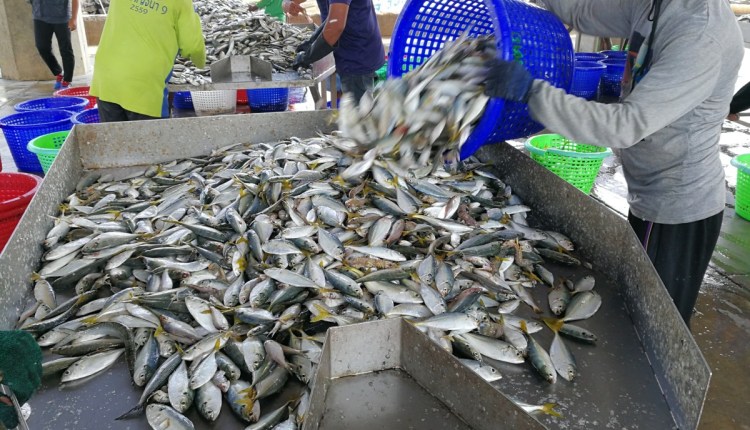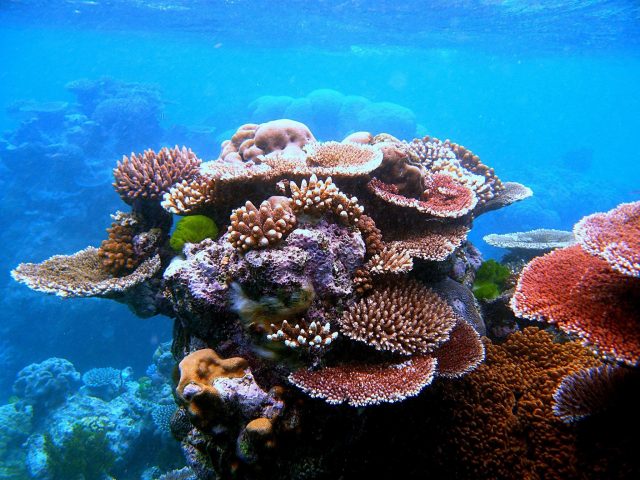Aquaculture, or large-scale ‘fish farms’ is now the fastest growing source of protein in the world, and has overtaken wildcatch fisheries as the main source of seafood.
If done right, seafood can be less carbon and water intensive than alternative sources of land-based protein. Much of the growth in seafood in recent years has been driven by Asia, both in consumer demand as well as export production. Getting the seafood sector to work is vital for both economic growth as well as the planet. However, many serious challenges still exist.
Industrial-scale illegal fishing continues to plague the sector, taking livelihoods away from many lower income coastal communities and impacting government revenues around the world. Much of the illegal fishing has operated in the shadows and is associated with human rights and labour abuses, corruption and a range of other illicit activities.
The impact of illegal fishing
In many countries around the world, the seafood sector is growing at twice the rate of GDP growth. It is a significant employer and contributor to government revenues. South-East Asia is particularly well-suited to capture this growth given its rich tropical waters and vibrant coral reefs.
However globally, illegal, unreported and unregulated (IUU) fishing represents a theft of around 26 million tonnes, or close to $24 billion value of seafood a year.
This is seafood that could have been caught in the waters of other countries, caught using illegal and ecologically damaging techniques, or under-declared due to transshipment at sea.

In certain cases, such as tuna, stocks have declined over 90%, and some species could soon be classed as ‘at risk’ by the IUCN. The decline of such stocks impacts economic development, jobs, livelihoods of coastal communities that are already under stress, as well as having serious environmental consequences. Illegal, unregulated and unreported fishing has exacerbated the situation, taking more fish out of our seas than scientists recommend.
In addition, the seafood sector is a particularly challenging sector for the 100 million who work across the seafood value chain.
Poor labour conditions and human rights abuses, both on fishing vessels and in processing plants, are notorious and well documented. As vessels travel in and out of national jurisdictions, monitoring such poor and hazardous labour conditions require new approaches.
Climate change is adding a further complication, with warmer and more acidic water impacting the health and growth of fish, the water currents that fish travel along and the entire marine biological…
Source link : Can technology help us tackle illegal fishing? by The World Economic Forum

